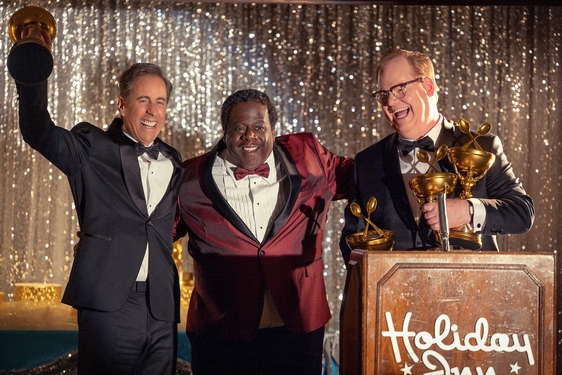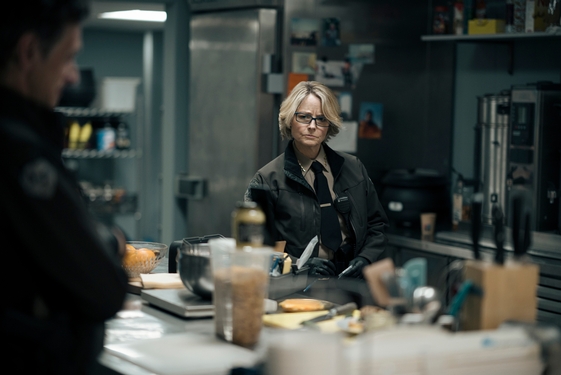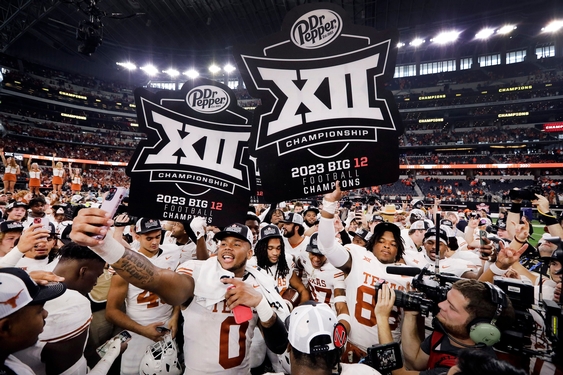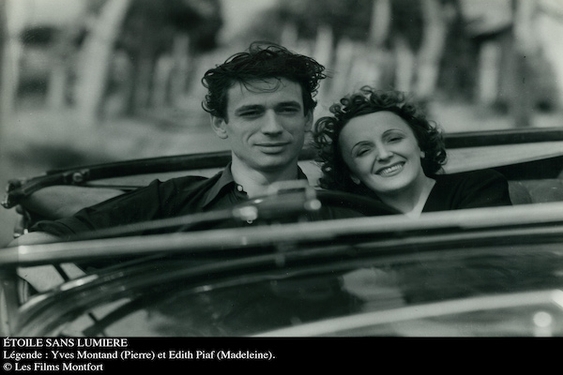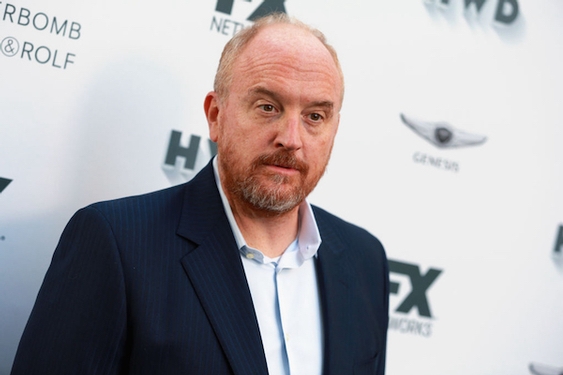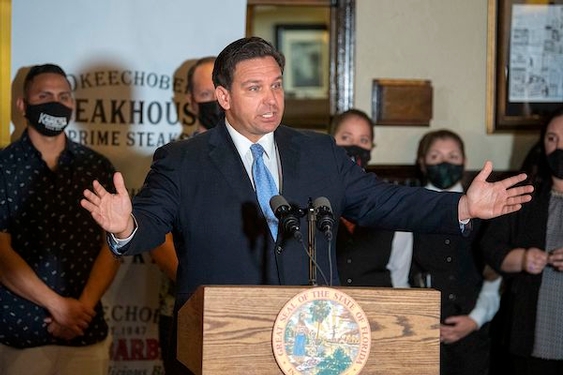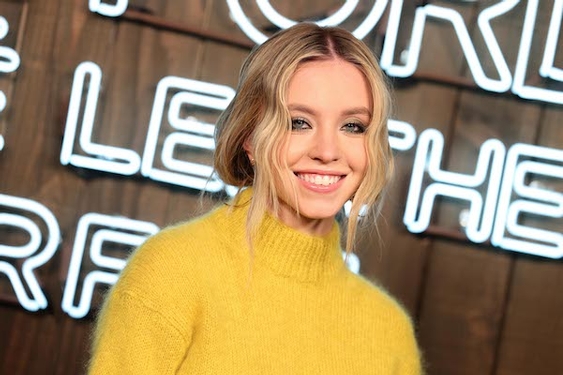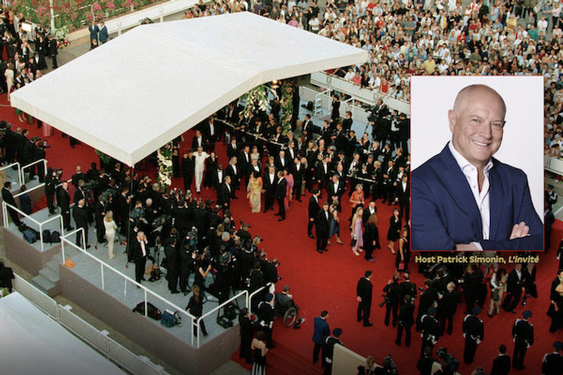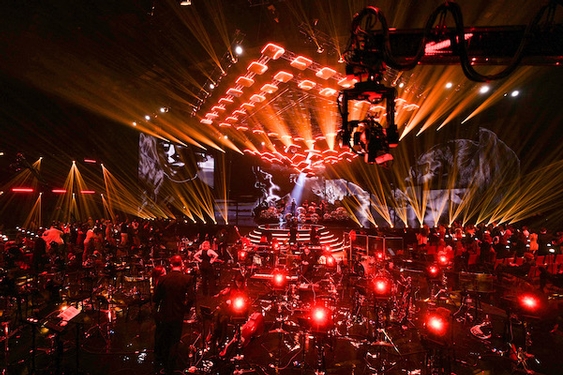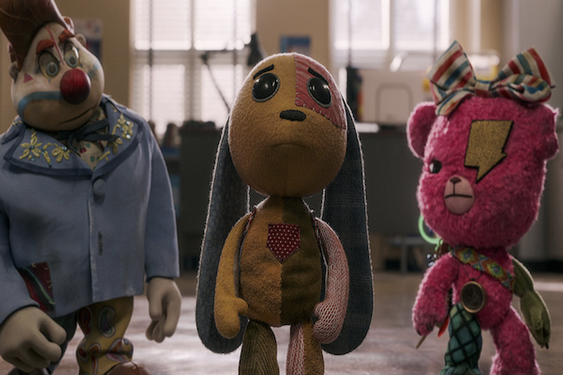In her years as an actress and someone who worked with humanitarian causes, Meghan Markle always struck me as someone who does the research and thinks through the complexities of the various projects before taking them on. I had just assumed she put this same personality trait to use when contemplating her marriage to Prince Harry. I was wrong.
On Sunday’s broadcast of “Oprah with Meghan and Harry: A CBS Primetime Special,” she was asked about that, and her reply? “I didn’t do any research about what that would mean, no,” she said. “I never looked up my husband online. I just didn’t feel the need to.”
It’s probably impossible to really prepare to enter such an archaic and unknowable institution. But her answer is fascinating. Winfrey didn’t ask if Meghan researched Harry. She wanted to know if she had researched the notorious history of what it meant to marry into the British monarchy. Maybe for Meghan, those ideas were one and the same. Besides, when you’re in the flush of new love, you don’t want to jinx or sour it.
And yet when it came to making the biggest decision of her life … the prospect of reading up on the royal family and its treatment of women who marry into it was perhaps too unpleasant. Too cynical.
A lot of information was covered and revealed in the two-hour special. A lot. Meghan was both forthcoming and discreet — no names were named, but circumstances were described and palace aides do not come out of this looking well. As it turns out, the royal flop sweat that was in evidence shortly after the interview was announced was warranted. In the frenzied coverage leading up to the broadcast, countless unnamed sources were aghast that anyone would even suggest racism has a factor in any of this. One “senior source” even went so far as to note “the Queen’s links with the Commonwealth” — you know, the nations the British Empire colonized and exploited! — as proof of the monarchy’s embrace of diversity. But of course racism was undergirding it all, right down to concerns about how dark the couple’s son would be.
The sun was out on the day Meghan, Harry and Winfrey talked for the cameras at the home of an unnamed friend in Southern California. A green lawn was just steps away from the stone patio where they sat, hills and trees in the distance. It was a lovely spot. (The special also includes footage of Winfrey visiting the grounds of Meghan and Harry’s home in Montecito, California.)
I don’t know if this interview would have happened if Winfrey were an employee of a news organization. There are conflicts that would (or should) have disqualified her: She has enough of a relationship with the pair that she attended their wedding; there was the promotional post she put on Instagram about a gift basket from Meghan (containing samples from an oat milk latte company Meghan has invested in); and she is partnering with Harry to produce a series on mental health for Apple TV+.
None of these details, individually or together, are suspect. But they speak to the kind personal and professional involvements journalists are obligated to avoid when covering a story. Then again, Winfrey’s career has outgrown her origins as a TV journalist, and through it all she’s retained one of her sharpest talents: That of an exceptionally skilled interviewer who understands how to ask right questions, and then push for clarity if her subject is being vague.
Winfrey wasn’t doing the interview on behalf of CBS, anyway. She alone landed the interview and it was produced by her company, Harpo Productions, which then licensed the interview to CBS for a figure between $7 and $9 million, according to The Wall Street Journal. (CBS then licensed the interview internationally.)
The perception has long been that Harry and Meghan were never welcomed into the fold by palace staff and/or members of the royal family. Not fully anyway, thanks to a toxic combination of racism, sexism and xenophobia: In short, the very gall of Meghan’s non-English rose-ness.
“It doesn’t help that the tactics that the British royals and their pocket-press have been using against Meghan are the same ones that internet trolls and other too-bored racists have been using against Black women online for at least a decade,” noted a recent piece in Teen Vogue.
There is no shortage of PR professionals who have strategies that could probably dig the royal brand out of this ugly cycle. But maybe ignoring those options is precisely the point. I haven’t been able to stop thinking about a theory floated last week by American sports journalist Patrick Hruby: “Part of me thinks the royals are making a huge and obvious branding mistake by not welcoming Harry and Meghan as a cool/modern spinoff brand,” he wrote, and “part of me thinks the current drama is, in fact, their (the royal family’s) actual brand and the very thing their fans expect and crave, forever.”
Sunday’s TV special was an indictment of the British monarchy itself. Meghan’s disclosures suggest the royals — as a family and as an institution — are not functional, let alone ethical or worth defending.
Some other observations:
— Was Meghan concerned about being a mixed-race person marrying into the British royal family?
“I thought about it because (pause) they made me think about it,” she says.
“They” is most assuredly the British media. Among the earliest examples was the Daily Mail’s headline when the couple was dating: “Harry’s girl is (almost) straight outta Compton: Gang-scarred home of her mother revealed — so will he be dropping by for tea?”
Who else does “they” refer to? Royal aides? Family members? She never clarifies, but later she talks about the impending birth of her first child, Archie, in 2019. There were “concerns and conversations about how dark his skin might be when he’s born … and what that would mean or look like.”
Winfrey asks exactly the right follow-up: “Who is having that conversation with you?” Meghan is silent. And then she says, “I think that would be very damaging to them.” She’s being too kind. Name them. Name them all.
(On Monday, Winfrey appeared on “CBS This Morning” and said that while Harry “did not share the identity with me, but he wanted to make sure that I knew, and if I had the opportunity to share it, that it was not his grandmother or his grandfather that were part of those conversations.”)
This is such a profoundly disturbing — but not surprising — revelation. It’s confounding to see members of the British media pretend anti-Black racism is exclusive to the United States. It’s not. “The reason why the racism experienced by Meghan feels so personal, and it deeply resonates with a lot of people, is because it’s symptomatic of the culture of racism in the United Kingdom,” Dr. Shola Mos-Shogbamimu, a London-based lawyer and political and women’s rights activist, said during an appearance on a British morning show.
Meghan tells Winfrey that there were other discussions being had behind closed doors during her pregnancy: “They were saying they don’t want him to be a prince ... which would be different from protocol. And that he wasn’t going to receive security.
“All the grandeur around this stuff is an attachment I don’t personally have,” she said, but “the idea of the first member of color in this family wouldn’t be titled in the same way that other grandchildren would be … they want to change that convention for Archie. Why?”
She also points out that the Firm, as the monarchy is known, had allowed the “click bait and tabloid fodder” to build to such an extent that there have been death threats. Her son needs a security detail as much as anyone.
— Race and the Commonwealth
Citizens of the Commonwealth, most of whom are people of color, would tell Meghan “how much it meant to them to be able to see someone who looks like them in this position. And I could never understand how that wouldn’t be seen as an added benefit and a reflection of the world today.”
There’s also another way to look at this: Meghan naively believed she could marry into the monarchy and not be dragged down by it’s sordid history. The colonial pillaging undertaken in the name of empire and enriching the royal family was always there, even if she and Harry were being used to help to paper over this ugly reality.
As British Nigerian pop culture scholar Bolu Babalola put it: “The thing is, Meghan Markle herself is not nearly revolutionary enough to challenge the monarchy. If they had just been kind to her this could all have been avoided.”
— Lies were told about Meghan to protect other members of the royal family.
No matter how bad the press was in the beginning, Meghan says she thought that once she married in, she would be protected by the institution itself.
“It was only once we were married and everything started to really worsen that I came to understand that not only was I not being protected, but that they were willing to lie to protect other members of the royal family. But they weren’t willing to tell the truth to protect me and my husband.”
Wow. I wish Winfrey had asked who she thought they were protecting and why. Prince Andrew’s association with sex offender Jeffrey Epstein, for example, has received a fraction of the press coverage compared to Meghan’s so-called protocol gaffes over the years; is this a reason why?
— Despite reports, Meghan did not make Kate Middleton cry in the lead-up to her wedding.
In fact, it was the other way around. And that moment became a turning point, Meghan says.
“A few days before the wedding she was upset about something — yes the issue (reported) was correct, about the flower girls dresses — and it made me cry and it really hurt my feelings. And I thought in the context of everything else going on in those days leading to the wedding, it didn’t make sense to not be just doing what everyone else was doing, which was trying to be supportive, knowing what was going on with my dad and whatnot.” (Meghan’s father was wavering about coming and ultimately did not attend her wedding.)
Meghan tells Winfrey that everyone in the royal family knew the story being reported wasn’t true.
Winfrey: “So why didn’t somebody just say that?”
Meghan: “That’s a good question.”
— “It was all happening just because I was breathing.”
“Look, I was really ashamed to say it at the time, and ashamed to admit it to Harry especially because I knew how much loss he’s suffered, but I knew that if I didn’t say it, that I would do it. And I just didn’t want to be alive anymore,” Meghan says. And this was a constant thought.
She went to someone at the palace “and I said I need to go somewhere to get help, I’ve never felt this way before. And I need to go somewhere. And I was told that I couldn’t, that it wouldn’t be good for the institution.”
According to Meghan, she wasn’t permitted to check herself into a hospital on her own. If true that means she was denied health care. That’s outrageous.
Winfrey asks her to expand upon who the institution is in this scenario. “It’s a person,” Meghan explains. “It’s several people, but I went to one of the most senior people to just get help.” She describes it as going to human resources and being told: “My heart goes out to you because I see how bad it is, but there’s nothing we can do to protect you because you’re not a paid employee of the institution.”
She mentions another detail that has all the hallmarks of someone in an abusive relationship: “When I joined that family, that was the last time — until we came here — that I saw my passport, my driver’s license, my keys. All that gets turned over. I didn’t see any of that anymore.”
— Harry’s perspective
Harry joins the conversation halfway through the special and the first thing he reveals is that they are expecting a girl when Meghan gives birth in the summer.
Here, as in other interviews, he is consistent about not wanting to see history repeat itself. The memories of his mother — her death and how she was treated by the royals — are front of mind. But “then you add race in, and you add social media in.” He also implies the palace could have “called the dogs off.” (It’s long been speculated that this is done for other members of the royal family.)
Harry acknowledges he wasn’t fully cognizant in the early days that an interracial relationship would be treated like chum by the tabloid media. He was very much alone and didn’t have anyone within the family he could to turn to. He and Meghan were one another’s support.
They were cut off, financially, from the royal family last year and it was Harry’s inheritance from Princess Diana that tided them over until they landed the deals with Netflix and Spotify; money that was needed to pay for their own protection, among other expenses. There’s a long pause when Winfrey asks about his relationship with his father: “There’s a lot to work through there. I feel really let down because he’s been through something similar and knows what pain feels like. And Archie is his grandson.”
But the entire family let them down, not just his father; members of parliament called out the “colonial undertones of articles and headlines written about Meghan, and yet no one from my family ever said anything.” That hurts: “But also I am acutely aware of where my family stand and how scared they are of the tabloids turning on them.”
He talks about the “invisible contract” between the royal family and the U.K. tabloids, and describes the dynamic “control by fear.” Winfrey counters: “But who’s controlling who?” Right.
The subtext is a gathering powerlessness on both sides.
It was only fairly recently, in the last hundred years or so, that the royal family latched on to the idea of “service” as a way to justify its existence in a modern world — and to justify the public money funneled to it.
It’s a transactional impulse, this sense of duty, and while it can result in meaningful efforts, there’s also a good deal of ribbon cutting. What Harry and Meghan are showing (much to the royal family’s embarrassment) is that they don’t require public funding to do the same type of work.
Royalty is a trap, Harry says. “My father and my brother, they are trapped. They don’t get to leave. And I have huge compassion for that.”
One is left to wonder, what is the point — the benefit — of any system that traps people while also enabling such harmful behavior?
___
(Nina Metz covers TV and film for the Chicago Tribune.)
(c)2021 the Chicago Tribune
Visit the Chicago Tribune at www.chicagotribune.com
Distributed by Tribune Content Agency, LLC.



